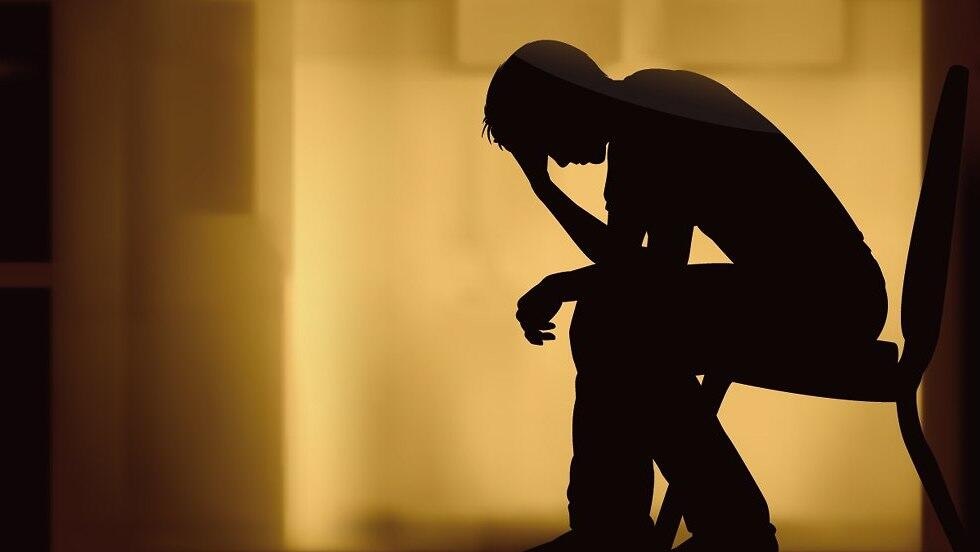On the eve of the 600th day of the war in Gaza, a new report by Israeli mental health nonprofit ERAN (Emotional First Aid) highlights a sharp rise in psychological distress among IDF reservists, active-duty soldiers and their families.
Dr. Shiri Daniels, ERAN’s national clinical director, described a growing phenomenon of “survivor’s guilt” among reservists. “One caller told us he wishes he had died in Gaza. He feels guilty not only for surviving but even for asking for help,” she said.
According to the report, which is being published for the first time, ERAN has received more than 66,000 calls since October 7 from soldiers, reservists and relatives. The organization believes the actual number is higher, as many callers choose not to identify themselves as currently serving in the military.
“Some reservists tell us their business collapsed or they can’t find work,” Dr. Daniels said. “But more than anything, they’re struggling with the pressure it puts on their families. Going from extended combat readiness to being emotionally open at home is incredibly difficult. Many feel ashamed for snapping at their kids or not being present for their partner.”
ERAN data shows that since the war began, 31% of calls were related to loneliness, 25% to emotional pain and depression and 20% to interpersonal issues like relationships, parenting and social difficulties. About 4% of calls involved reports of violence or sexual abuse.
Economic hardship also featured in the findings: 3% of calls were related to employment and financial distress. Another 3% dealt with suicidal thoughts—a topic that’s become increasingly prominent following several tragic cases over the past year.
“Every call reflects a wider circle of suffering,” said Dr. Daniels. “In one call, a woman said there should be support for people affected by those who themselves were victims of trauma. That sentence has stuck with me.”
Get the Ynetnews app on your smartphone: Google Play: https://bit.ly/4eJ37pE | Apple App Store: https://bit.ly/3ZL7iNv
Widespread impact, especially among young adults
Since the start of the war, ERAN has logged more than 500,000 calls via phone and online platforms. The highest volume came from young adults: 20% of callers were between the ages of 25 and 34 (over 100,000 distress calls), 12% were aged 18–24, and 8% were children and teens under 17. The lowest rate of calls came from adults over 75—just 4% of the total.
“The emotional reality of a prolonged war is deceptive,” Daniels said. “We keep functioning but under chronic pressure that we’ve started to see as normal.”
She added that while early calls focused on trauma and anxiety, the nature of the distress has shifted. “Now, more and more people are calling about depression, loneliness and relationship struggles. Many feel isolated in their pain and describe it as a pressure chamber.”
A volunteer army on the mental health front
ERAN operates with the help of 1,800 trained volunteers across 13 branches in Israel, five in the U.S. and one in Australia. The organization also offers extensive online services that include active listening, risk assessment, crisis intervention and referrals to mental health professionals when needed.
Nurit, a 66-year-old volunteer from central Israel, has been with ERAN for over three years. “Sometimes people call in total panic,” she said. “Just listening can help. They need someone empathetic who acknowledges their pain. We’re here to help carry some of that emotional weight.”
Israel is now engaged in the longest war since its founding. “These 600 days aren’t just a number,” said ERAN CEO David Koren. “They’ve added up to moments of fear, loss, uncertainty and ongoing exhaustion.”




